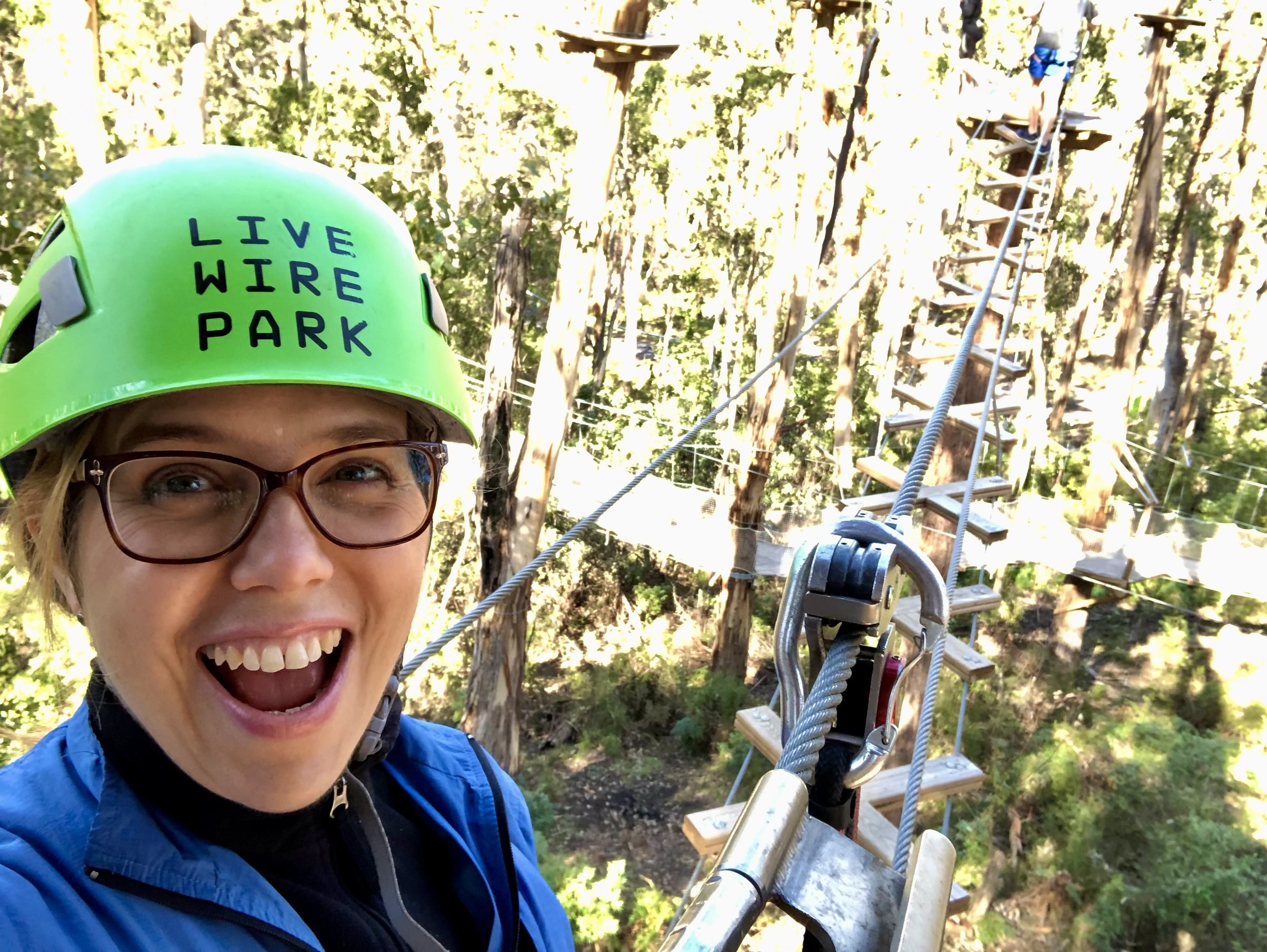The Truth About Perseverance: It's Not Just About Working Hard
Why adaptability is just as important as perseverance
“It always seems impossible until it’s done.”
The other day, my daughter mentioned to me that it took Donna Tartt eight years to write and publish The Secret History. That conversation got me thinking about perseverance—why it matters, and how it shapes great leaders.
Tartt’s journey is a testament to perseverance and adaptability. She spent those years refining her novel, facing creative struggles and self-doubt. The publishing world is unforgiving, and the lengthy process could have discouraged her. Yet, she remained flexible, continuously improving her manuscript while staying committed to her goal.
When The Secret History was published in 1992, it became a breakout success. More than 30 years later, it remains a beloved classic, including with the next generation, like my daughter.
Tartt's story reminds us that achieving something extraordinary requires patience, resilience, and the ability to evolve.
The Role of Perseverance and Adaptability in Leadership
In leadership, perseverance is essential. It fuels progress through setbacks and uncertainty. However, it isn’t about clinging to a rigid plan—it’s about remaining committed to the goal while adapting strategies as needed.
Great leaders refine their approach, learn from failures, and inspire their teams to do the same. Perseverance is the balance of vision and adaptability, ensuring that obstacles become opportunities for growth.
Stories of Perseverance and Adaptation
Here are a few stories of leaders who refused to give up, but also knew when to adapt:
Nelson Mandela endured 27 years of imprisonment, refusing to abandon his vision of a united South Africa. He adjusted his strategies over time, working collaboratively for change, rather than holding rigidly to any one approach.
Jim Carrey lived in a van with his family in poverty and experienced early career struggles, including being booed off stage. Instead of quitting, he adjusted his comedic style, refining his skills until he became one of the most successful comedians and actors of all time.
Oprah Winfrey faced significant adversity early in her career, including being fired from her first television job. Instead of giving up, she leveraged her experiences, adapting her approach to create a media empire and become one of the most influential women in the world.
Each of these people persisted, not through blind stubbornness, but by embracing change while staying true to their purpose.
Research on Perseverance and Adaptability
Scientific studies highlight the importance of perseverance and adaptability for success. A study in Frontiers in Psychology found these qualities enhance well-being across cultures in relation to goal achievement.
An analysis of students aged 10 to 18 revealed that adaptability, curiosity, and perseverance collectively influence academic success, motivation, and life satisfaction. Research in Mind, Brain, and Education further shows that adaptability and grit together contribute to achievements, reinforcing the value of being both persistent and flexible.
These studies suggest that cultivating perseverance alongside adaptability helps leaders navigate challenges effectively, leading to greater success and well-being.
When to Persevere and When to Adapt
While perseverance is vital, recognising when to adjust your approach is just as important.
Here are some signs that adaptation may be necessary:
The goal remains valuable, but the current method isn’t yielding results.
Feedback and data suggest a modified strategy would improve outcomes.
The external environment has shifted, requiring fresh perspectives.
The pursuit of the goal is impacting well-being, and adjustments could promote sustainability.
Trusted mentors highlight opportunities for evolution rather than rigid persistence.
Pivoting While Persevering: 10,000 Failures to One Success
Thomas Edison’s journey to inventing the lightbulb exemplifies perseverance and adaptability. He tested over 10,000 materials before finding the right filament. Many saw these as failures, but Edison reframed them as progress. His famous quote reflects this mindset:
“I have not failed. I've just found 10,000 ways that won't work.”
Rather than stubbornly repeating ineffective methods, Edison adapted—experimenting with new materials and refining his approach. His ability to persist while adjusting led to one of history’s most revolutionary inventions.
Questions to Ask Yourself When Facing a Setback
When you hit a roadblock, reflection can help you to decide whether to persevere. Ask yourself:
Why did I start this journey? Does my original motivation still hold true?
What have I learned from this setback that I can use to move forward?
Is there another approach or perspective I haven’t considered?
Who can I turn to for guidance, perspective, or encouragement?
Will continuing this pursuit bring long-term value, even if it remains difficult?
The Reward of Perseverance
Achieving a hard-won goal brings immense satisfaction—not just because of the outcome, but because of the journey. Leaders who persist while adapting set an example for their teams, demonstrating that obstacles are stepping stones to growth.
As you reflect on your leadership, consider: How can you balance perseverance and adaptability to ensure long-term success?
Perseverance isn’t just about pushing forward—it’s about making thoughtful, intentional choices in the face of challenge. The leaders who master this balance inspire those around them and leave lasting legacies of resilience and success.


